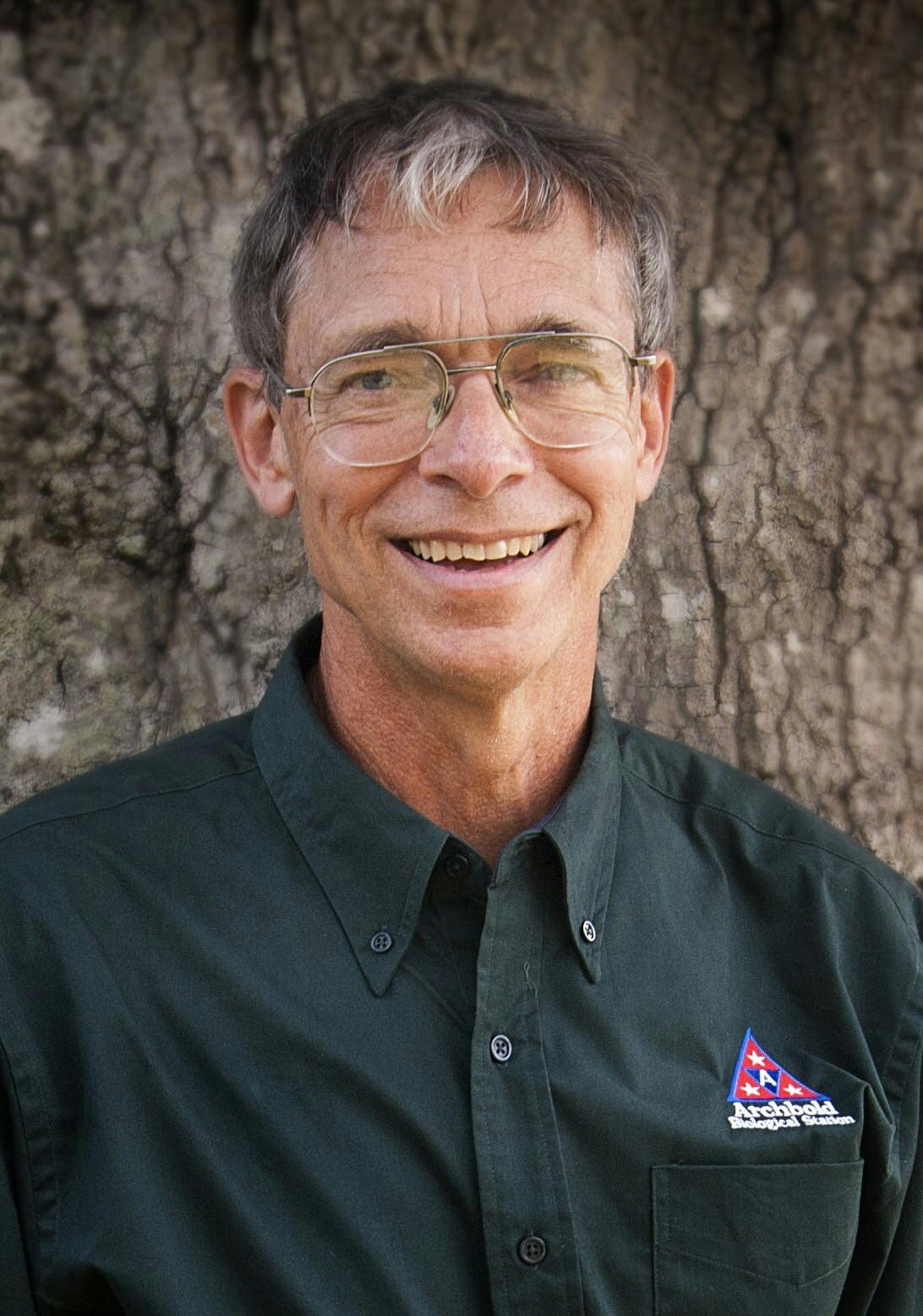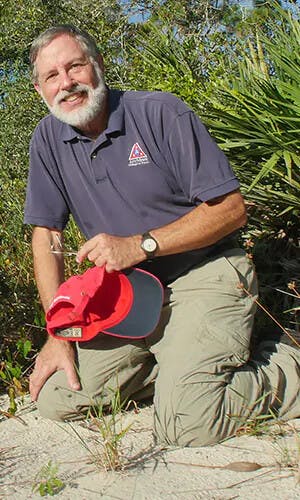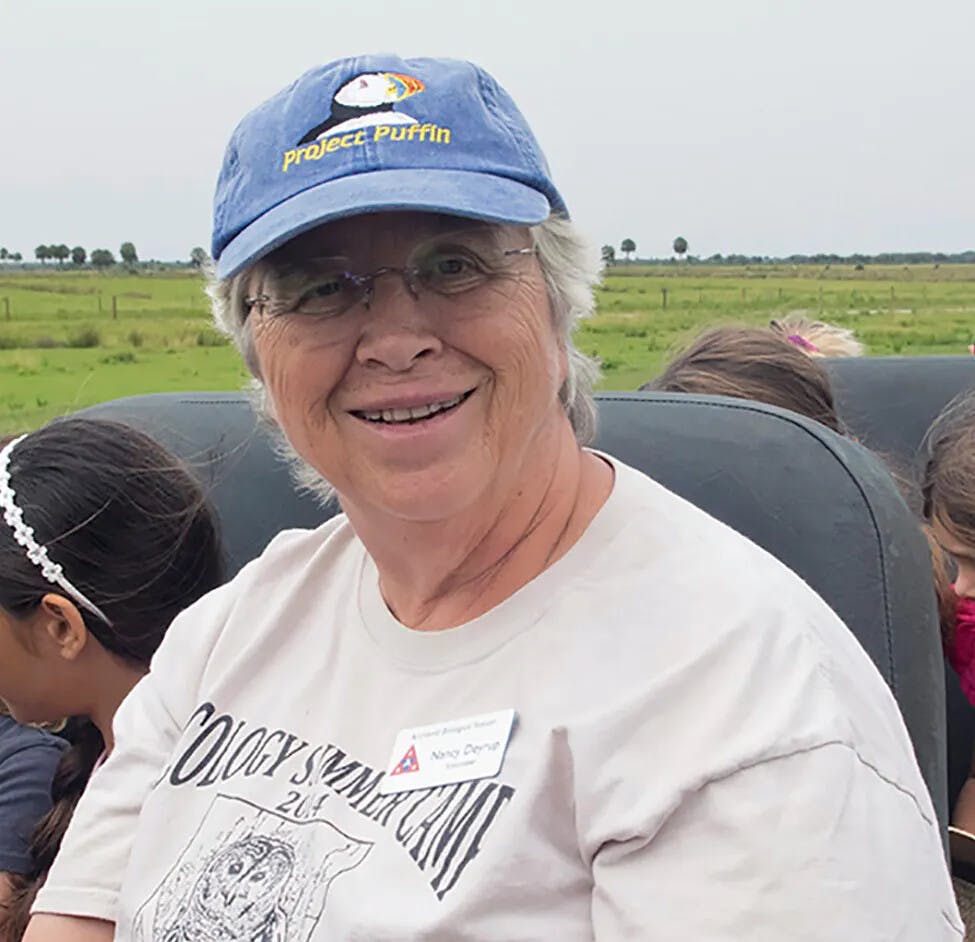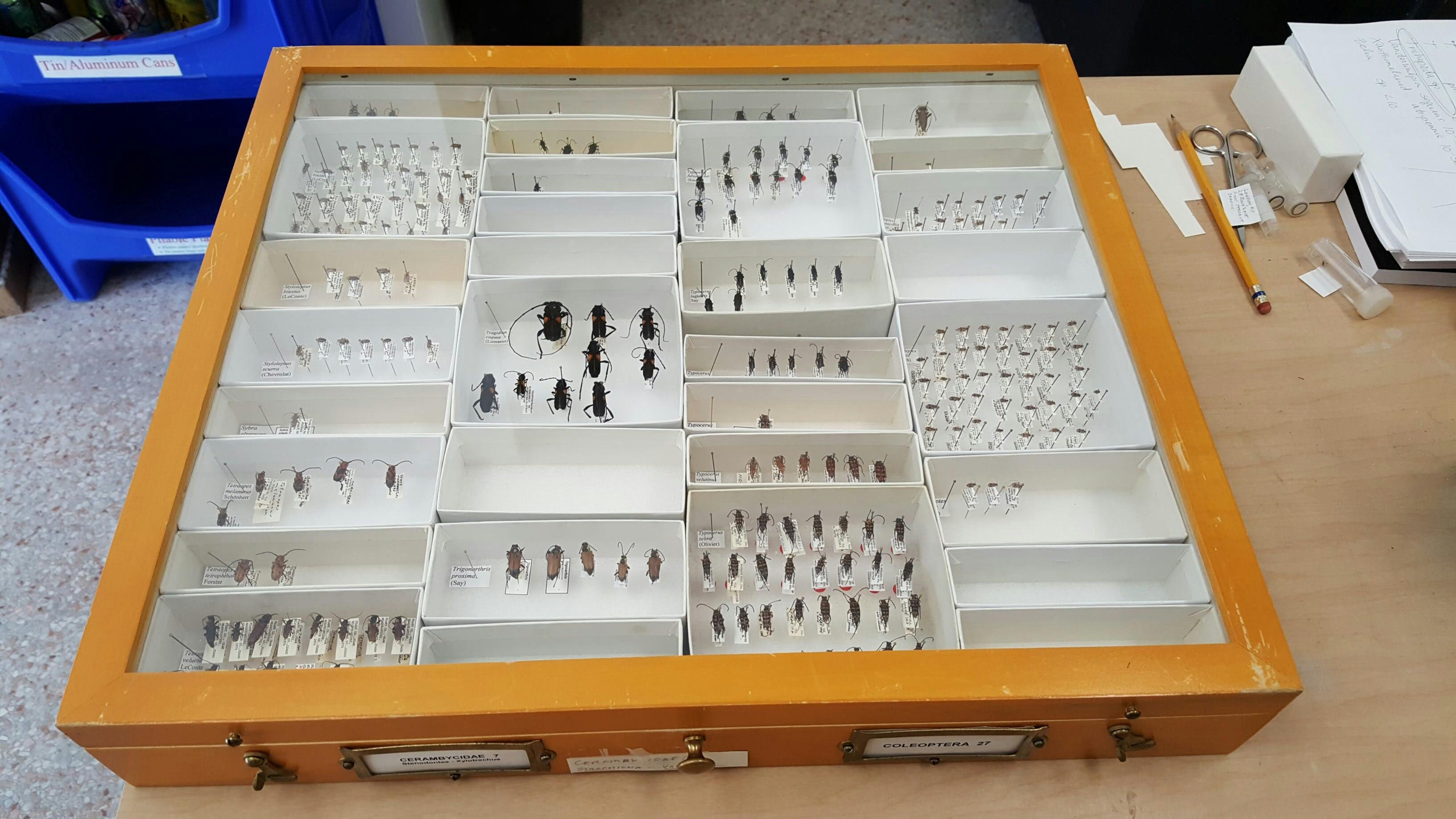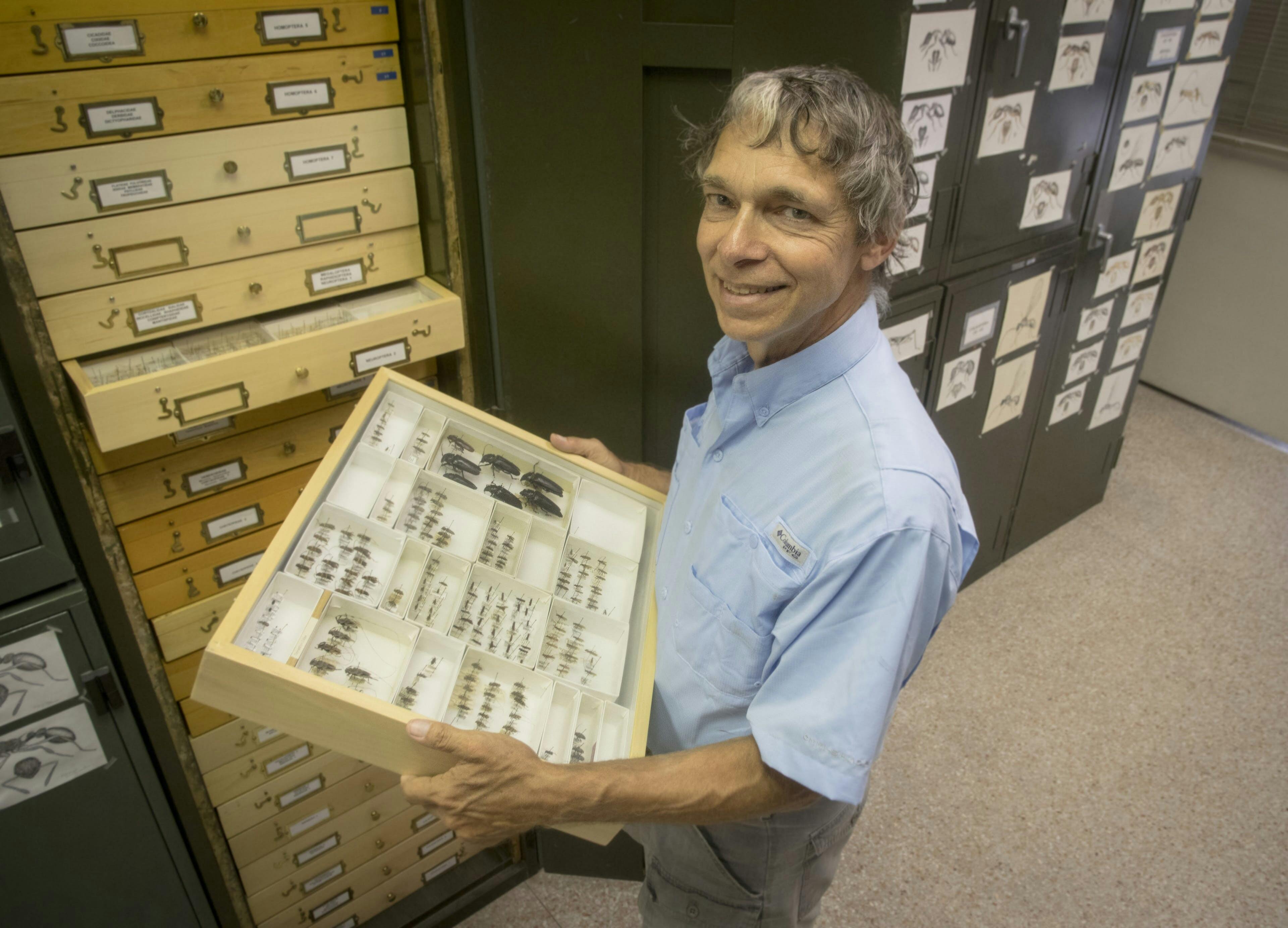
Entomology
Welcome to entomology at the Archbold Biological Station, where thousands of species of arthropods have been studied, collected and protected for more than 50 years. This page is a portal to useful and interesting information for researchers, conservationists, and anybody with a peculiar fascination with insects, spiders and other arthropods.
Program Information
More about this program
Primary Research Areas
Evolutionary features of local arthropod fauna, Biogeography of the Lake Wales Ridge and its arthropod denizens, Unusual features of the arthropod fauna, Arthropod conservation at the Archbold Biological Station, Habitat protection Inventory at the Archbold Biological Station, Inventory of arthropod diversity on the Lake Wales Ridge, Natural history studies
Primary Location(s)
Archbold Biological Station, Lake Wales Ridge
